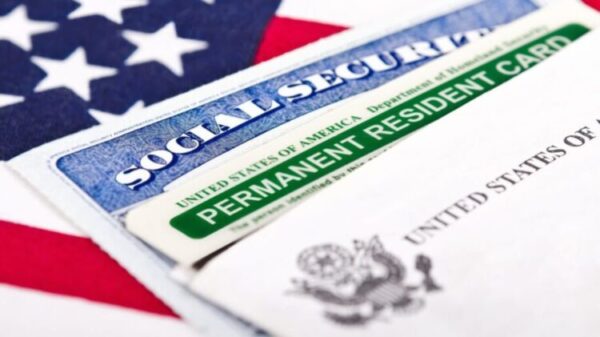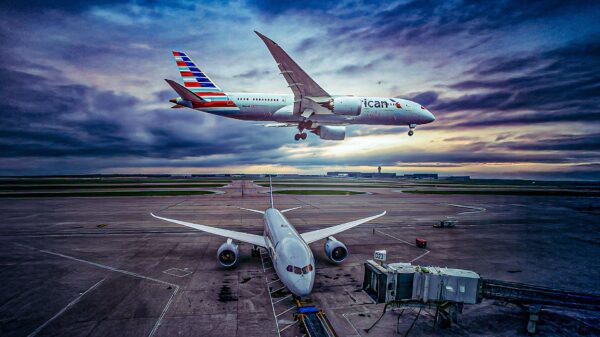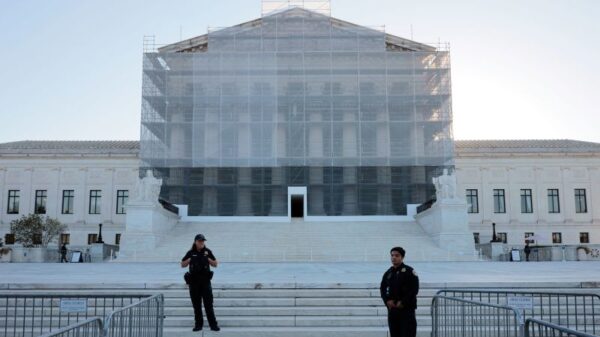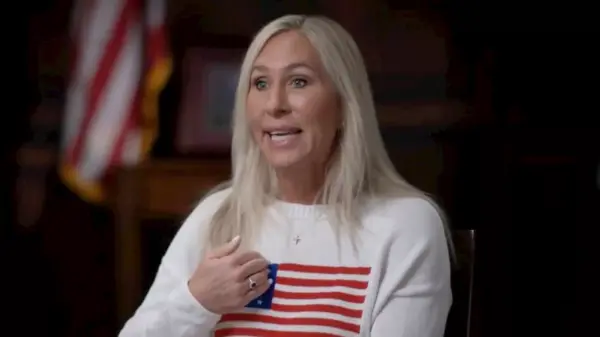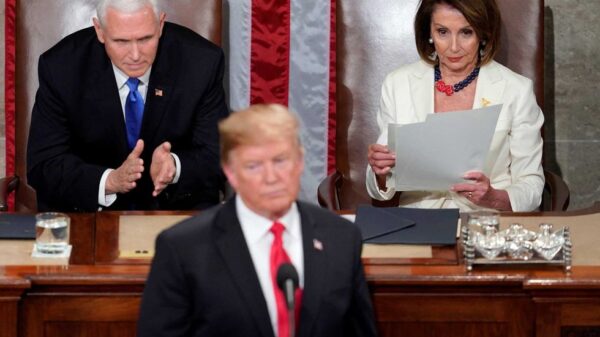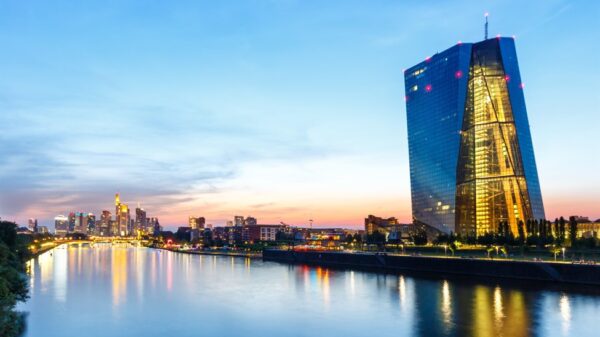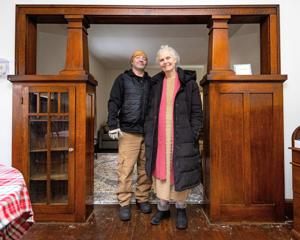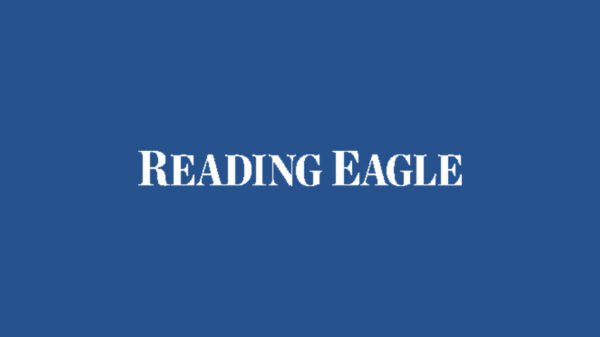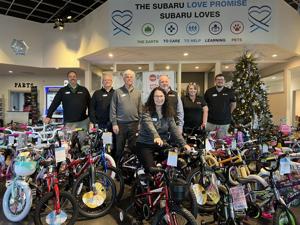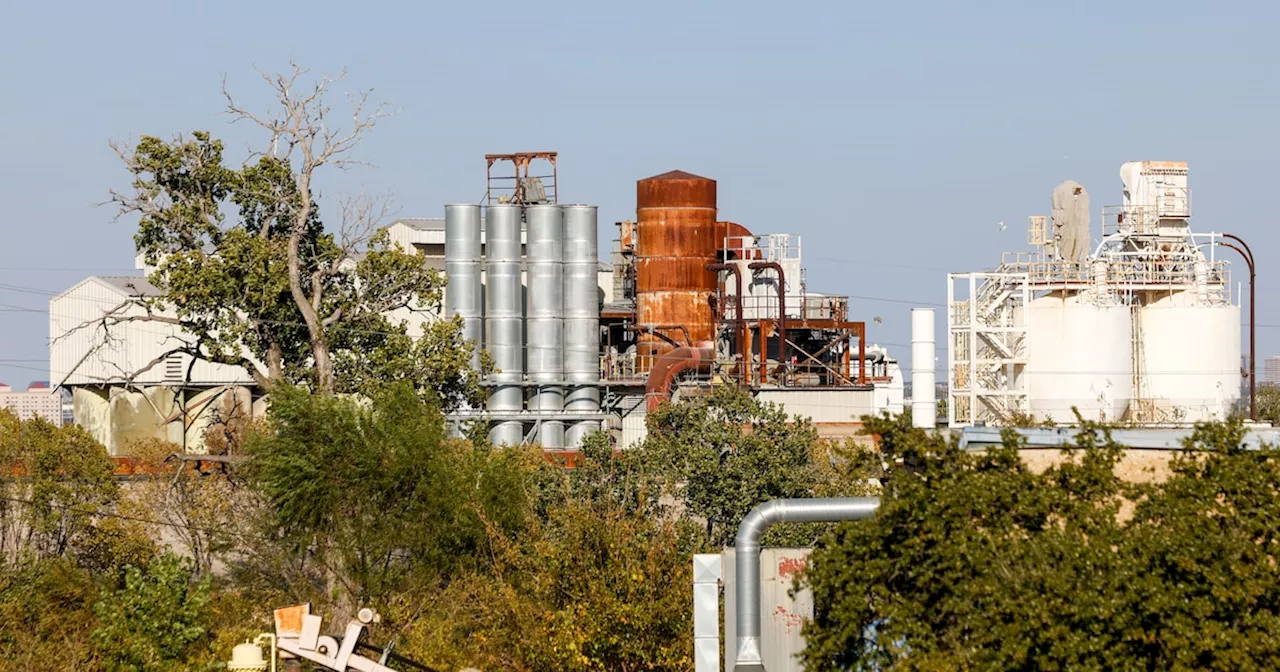Residents along Singleton Boulevard in West Dallas are advocating for significant changes to local zoning regulations that currently permit heavy industrial use. Their aim is to limit the impact of industrial facilities on their neighborhoods, many of which primarily serve Latino and Black communities. This initiative follows a renewed push from the community in late 2022, when District 6 City Plan Commissioner Deborah Carpenter requested the inclusion of a public hearing on the agenda to address land uses that do not align with the needs of local residents.
The city has now initiated a zoning case that will undergo a series of community meetings to gather input and recommendations. Following these discussions, the City Plan Commission and City Council will review and decide on the proposed changes. For many residents, this hearing is seen as a crucial step toward stabilizing their neighborhoods, which have been negatively affected by the proximity of industrial operations.
One of the key figures in this movement is Janie Cisneros, leader of Singleton United/Unidos. She has campaigned for over five years to shut down GAF, a roofing materials company operating at 2600 Singleton Blvd. for nearly 80 years. GAF’s facility is currently zoned for industrial research, and while the company has previously stated plans to close by July 2029, local residents are advocating for an expedited closure due to ongoing health and environmental concerns.
The proposed rezoning of the Singleton corridor aligns with ForwardDallas, the city’s updated land-use plan adopted in 2024. This plan reimagines the corridor not as an industrial zone, but as a space for residential developments, “commercial flex” areas, and businesses serving the local community. Cisneros expressed optimism, stating, “This area has always been industrial, but the land-use changes that were adopted are already a huge win. The vision is no longer industrial.”
In a statement, GAF emphasized its role as a local employer with more than 160 employees, highlighting a history of safety and community involvement. The company acknowledged its plans to transition the facility but reiterated its commitment to working with local officials on future land use.
The area affected by the proposed rezoning encompasses approximately 256 acres, bordered by Singleton Boulevard to the north, Borger Street/Burton Drive to the east, Union Pacific Railway to the south, and Westmoreland Road to the west. This region supports a diverse array of businesses, including auto-repair shops, restaurants, and landscaping operations, as well as community institutions like the Thomas A. Edison Middle Learning Center and St. Mary of Carmel Church and School.
Cisneros has noted that residents have expressed concerns for years about living in proximity to industrial facilities. The community’s call for rezoning initially began in 2022, aimed at enabling homeowners to rebuild aging or damaged homes and to prevent further displacement. They gathered signatures from property owners and presented them directly to City Hall.
Although the city opted for a broader authorized hearing instead of an immediate response to the specific rezoning request, Cisneros speculated that this decision might have been intended to demonstrate progress while delaying action. District 6 Council Member Laura Cadena, whose district includes the Singleton Boulevard corridor, did not respond to multiple requests for comment.
The delayed initiation of the hearing reflects a broader pattern in Dallas neighborhoods where residents have sought to reform longstanding industrial zoning. For instance, in a case involving the former illegal Shingle Mountain, residents spent six years advocating for zoning changes, resulting in approval from the City Council only after extensive community engagement.
In recent years, changes in state law have complicated the ability of cities to mandate the closure of polluting businesses. Previously, Dallas officials utilized a process called amortization to phase out incompatible industrial uses, but restrictions enacted in 2024 have limited this option. While zoning regulations can evolve for future development, existing businesses may continue to operate if they comply with city and state regulations.
Following the initial meeting, a subsequent community gathering will take place, during which city officials will discuss feedback and zoning recommendations. Cisneros concluded, “We’re looking forward to the process. We already have a community-led vision approved in ForwardDallas. At this point, we’re just asking the city to align the zoning with what’s already there.”






